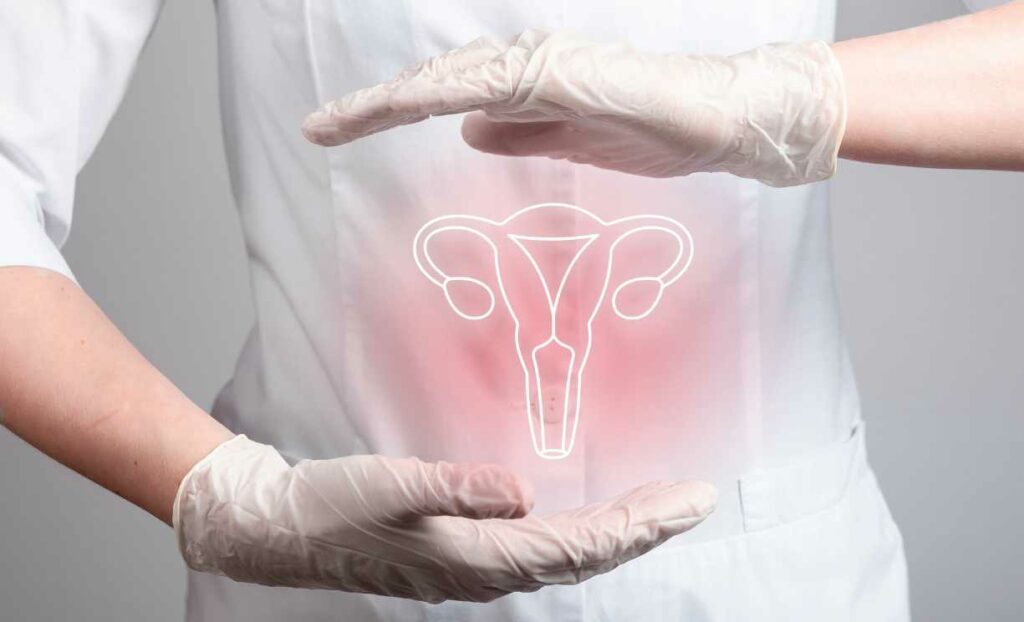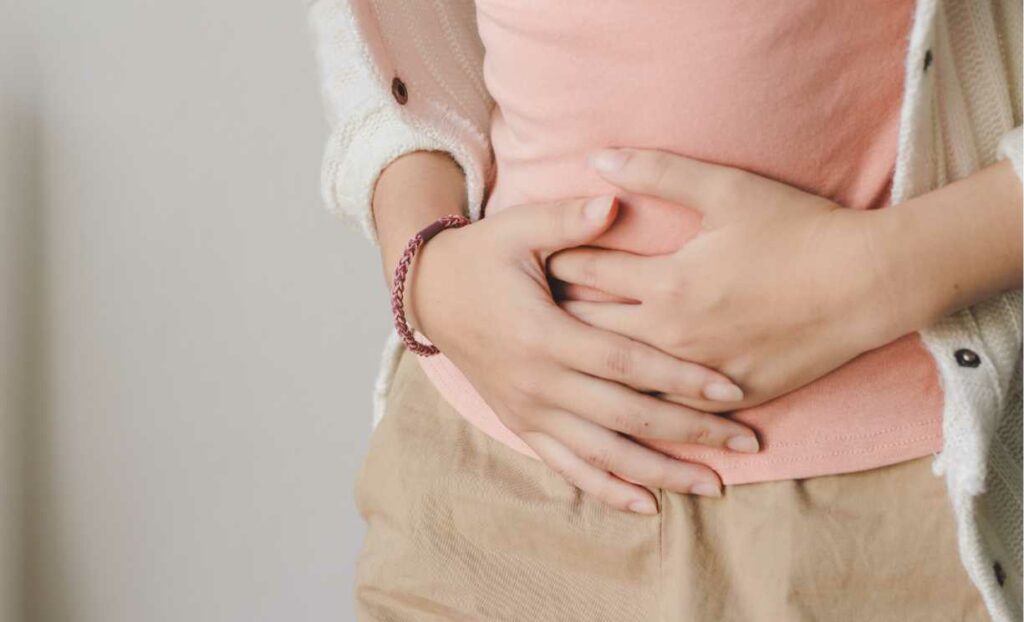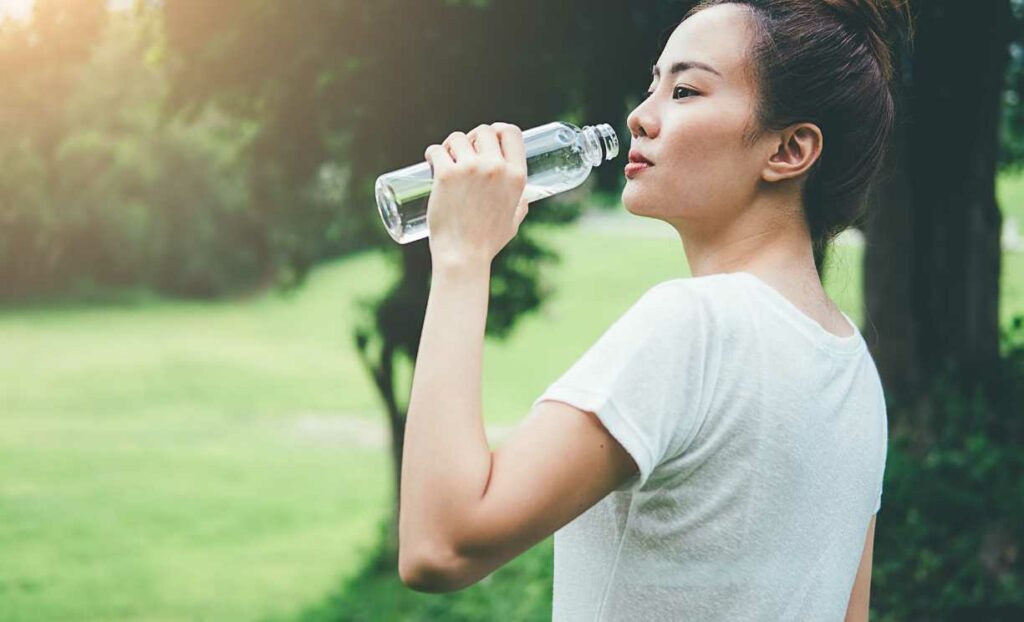Vaginal dryness is a common concern that many women face, impacting comfort and intimacy. Whether due to hormonal changes, medications, or other factors, finding effective remedies for vaginal dryness is crucial for overall well-being. In this blog, we’ll explore natural and practical solutions to nurture intimate wellness and alleviate vaginal dryness.
Contents
What Is Vaginal Dryness?
vaginal dryness is a condition where the vagina lacks the usual moisture and lubrication, leading to discomfort. Normally, the vagina is naturally lubricated to maintain its health and facilitate sexual activity. However, factors or certain health conditions can disrupt this balance, causing the vagina to become dry.
This dryness can result in sensations of itching, burning, and pain, especially during intercourse. Vaginal dryness is a common concern for women of different ages and stages in life, but various remedies and treatments are available to address and alleviate this condition, promoting overall intimate well-being. If persistent, it’s advisable to seek guidance from a healthcare professional for personalized care and solutions.
Symptoms Of Vaginal Dryness
Vaginal dryness can manifest with various symptoms that may impact a woman’s overall well-being and intimate comfort. Common symptoms include:
- Dryness and Lack of Lubrication: The most apparent symptom is a persistent feeling of dryness in the vaginal area, leading to a lack of natural lubrication.
- Itching and Irritation: Dryness can cause itching and irritation in and around the vagina, contributing to discomfort.
- Burning Sensation: Some women may experience a burning sensation, especially during activities such as urination or intercourse.
- Painful Intercourse (Dyspareunia): Insufficient lubrication can result in pain or discomfort during sexual intercourse, leading to reluctance or avoidance.
- Light Bleeding During Intercourse: The friction caused by dryness may lead to minor tears or abrasions, causing light bleeding during or after intercourse.
- Increased Frequency of Urination: Vaginal dryness can sometimes contribute to urinary symptoms, such as increased frequency or urgency.
- Urinary Tract Infections (UTIs): Dry and irritated tissues may increase the risk of urinary tract infections, characterized by symptoms like pain during urination and frequent urges to urinate.
- Changes in Vaginal Discharge: Vaginal dryness may alter the typical appearance and consistency of vaginal discharge, making it thinner or less noticeable.
- Pelvic Discomfort: Some women may experience a general sense of pelvic discomfort or a feeling of tightness in the vaginal area.
- Impact on Sexual Desire: Persistent discomfort and pain during intercourse can lead to a decrease in sexual desire and arousal.
- Mood Changes: Chronic discomfort and the impact on intimate relationships may contribute to mood changes, including feelings of frustration, anxiety, or stress.
What Causes Vaginal Dryness?
Vaginal dryness can occur due to various factors that disrupt the natural lubrication of the vagina. One significant contributor is hormonal changes, particularly a decline in estrogen levels during menopause, breastfeeding, or specific phases of the menstrual cycle.
Medications, such as certain antidepressants and antihistamines, may also have vaginal dryness as a side effect. Emotional factors like stress and anxiety can impact hormonal balance, leading to dryness. The use of chemical irritants like harsh soaps, scented products, or douches can cause dryness. Additionally, inadequate sexual arousal can contribute to insufficient natural lubrication as well.
Conditions such as Sjögren’s syndrome and lifestyle factors have also been associated with an increased risk of vaginal dryness.
Additionally, cancer treatments such as chemotherapy and pelvic radiation therapy may affect estrogen levels and contribute to dryness. Understanding the specific cause is crucial for effective management, and individuals experiencing persistent dryness should consult with a healthcare professional.
Natural Remedies For Vaginal Dryness
Natural remedies for vaginal dryness can provide gentle and effective relief. Here are some options to consider:
- Hydration: Adequate hydration is foundational for maintaining overall health, and this includes the health of mucous membranes, including the vagina.
- Omega-3 Fatty Acids: Omega-3 fatty acids are essential for skin health, and their anti-inflammatory properties can positively impact mucosal tissues. Sources like flaxseeds, chia seeds, and fatty fish provide these essential fats that support overall well-being.
- Aloe Vera Gel: Pure aloe vera gel, when applied externally, can provide soothing relief due to its natural moisturizing and anti-inflammatory properties. It’s essential to use pure, high-quality aloe vera without added chemicals.
- Coconut Oil: Coconut oil is a versatile natural lubricant. Its anti-inflammatory properties can help soothe irritation, and it serves as an effective external moisturizer. Choose organic, virgin coconut oil for the best results.
- Avoid Irritants: Harsh soaps, scented products, and certain fabrics can irritate sensitive genital tissues, contributing to dryness. Opt for mild, fragrance-free cleansers and breathable cotton underwear to minimize irritation.
- Regular Sexual Activity: Engaging in regular sexual activity promotes natural lubrication by stimulating blood flow to the genital area. Open communication with your partner about comfort is crucial for a positive intimate experience.
- Kegel Exercises: Kegel exercises strengthen pelvic floor muscles, improving blood circulation to the genital area. This enhanced blood flow can contribute to better natural lubrication and overall vaginal health.
- Black Cohosh Supplements: Black cohosh is an herbal remedy that some women find helpful for managing symptoms of menopause, including vaginal dryness. It’s important to consult with a healthcare professional before trying any herbal supplements.
- Maintain Hormonal Balance: For menopausal women experiencing significant dryness, hormonal therapy or low-dose vaginal estrogen may be recommended under the guidance of a healthcare provider. This can help restore hormonal balance and alleviate dryness.
When To Seek Medical Help?
If you’re experiencing persistent or severe vaginal dryness, it’s essential to seek medical help. Consult with a healthcare professional in the following situations:
- If Discomfort Persists: Despite trying home remedies or lifestyle changes, if symptoms such as itching, burning, or pain during intercourse persist, it’s time to seek medical advice.
- Changes in Urinary Habits: Any noticeable changes in urinary habits, such as increased frequency, urgency, or discomfort, should be addressed with medical attention.
- Bleeding or Spotting: Unexplained bleeding or spotting unrelated to menstruation should prompt a visit to a healthcare professional to rule out underlying concerns.
- New or Worsening Symptoms: If new or worsening symptoms develop, including unusual vaginal discharge, strong odors, or changes in the appearance of the genital area, seek medical guidance.
- Impact on Daily Life: If vaginal dryness significantly impacts your daily life, emotional well-being, or intimate relationships, a healthcare provider can offer tailored solutions.
- Menopausal Symptoms: For women experiencing menopausal symptoms alongside vaginal dryness, consulting with a healthcare professional can help. They can explore hormone replacement therapy or other suitable options for the treatment.
- Painful Intercourse: If you experience pain during intercourse (dyspareunia), it’s important to identify the underlying cause and explore appropriate treatments with the guidance of a healthcare professional.
- Underlying Conditions: If you have underlying health conditions, such as autoimmune disorders, diabetes, or a history of cancer treatments, these can contribute to or exacerbate vaginal dryness.
Medical Treatments For Vaginal Dryness
Medical treatments for vaginal dryness aim to address the underlying causes and alleviate symptoms. Here are some common medical interventions:
- Topical Estrogen Therapy: For postmenopausal women or those experiencing hormonal imbalances, topical estrogen in the form of creams, rings, or tablets can be prescribed. These treatments help restore vaginal tissue health and improve moisture levels.
- Systemic Hormone Therapy: Hormone replacement therapy (HRT) involves systemic administration of estrogen and, sometimes, progesterone. It can be effective in managing various menopausal symptoms, including vaginal dryness.
- Osphena (Ospemifene): Osphena is a non-hormonal medication that works similarly to estrogen in the vaginal tissues. It is specifically designed to alleviate painful intercourse due to vaginal dryness.
- Vaginal Lubricants and Moisturizers: Over-the-counter or prescription vaginal lubricants and moisturizers can provide temporary relief. These moisturizers enhance lubrication and reduce friction during intercourse.
- Dehydroepiandrosterone (DHEA): DHEA is a hormone precursor that can be converted into estrogen and testosterone. Intravaginal DHEA suppositories are available and may be recommended for postmenopausal women with vaginal dryness.
- Selective Estrogen Receptor Modulators (SERMs): Medications like ospemifene, a SERM, can help improve vaginal health without affecting the uterus. It is often prescribed for postmenopausal women experiencing dyspareunia.
- Laser Therapy: CO2 laser therapy or erbium laser treatments have been explored for improving vaginal health. These therapies stimulate collagen production and blood flow, enhancing vaginal moisture.
- Physical Therapy: Pelvic floor physical therapy can be beneficial for women experiencing pain or discomfort during intercourse. It involves exercises to strengthen pelvic muscles and improve blood flow.
- Counseling or Therapy: For cases where psychological factors contribute to vaginal dryness, counseling or therapy may be recommended to address underlying stress or emotional concerns.
Conclusion
In conclusion, addressing and finding remedies for vaginal dryness is a significant step toward enhancing intimate well-being and overall comfort. The array of natural and medical interventions discussed in this blog offers a spectrum of options to suit individual preferences and needs. From maintaining a healthy lifestyle to exploring targeted treatments like hormonal therapies or lubricants, there are diverse avenues to alleviate symptoms and promote vaginal health.
By incorporating these remedies into daily routines and seeking professional advice when needed, women can reclaim a sense of comfort, pleasure, and confidence in their intimate lives.
If you are facing menopause related issues, menopause treatment at HerMantra can help. Book your free trial online menopause treatment session now.





